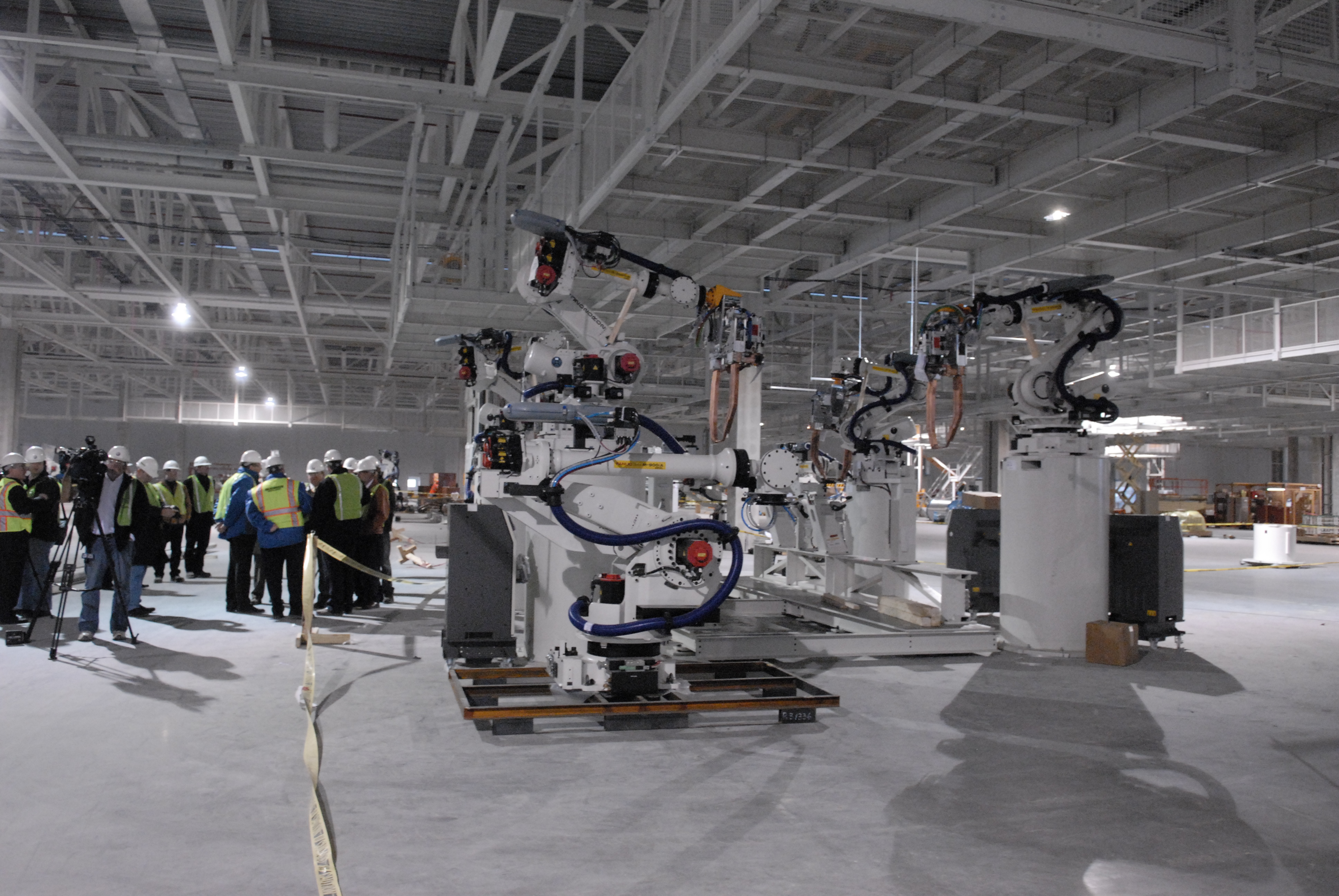This is about learning to work tomorrow in the workplaces of the 21st century - including our own Gig City.
We clearly are not work-ready. And neither are our children.
A new study has found that local technology job growth in Chattanooga is still slower than in most of the country, despite Chattanooga's boast of the nation's fastest Internet service and the University of Tennessee's SimCenter.
Chattanooga ranked 174th -- in the bottom 10 percent -- among the 200 biggest metro areas in the Milken Institute's best performing city list. Nashville, without the Gig but with a Vanderbilt, is ready. It is ranked No. 14 -- up from 27 in 2012. We plummeted down from 80 in 2012.
Why? The answer is one word. Education. Education from kindergarten to advanced-degree programs. And it's not that the kids can't learn or the teachers can't teach. It's a community commitment, or lack of one, that is hobbling us.
Our leaders have been giving this problem lip service for years, and of late, some of them have grown insistent, as well they should. The paradigms for the Dynamo of Dixie -- and frankly for the rest of the world -- have changed.
"At every conference I go to, they talk about a need for an innovative economy in our country," Chattanooga Mayor Andy Berke said recently. "We are quickly becoming a world in which automation and computers drive a lot of what happens in businesses. The ways in which workers add value is through innovation and ideas and creativity."
He's absolutely right, and our gig-per-second Internet network is a fantastic resource -- a foundation many cities would die for. But we have to find a way to use it other than as a slogan.
That starts by training ourselves and young learners to find ways to use 21st-century resources. The great irony is that in this time and environment, Hamilton County public school students still don't have individual computers and wireless networks even to just surf the web.
Superintendent Rick Smith made a big splash a year ago by announcing an ambitious plan to give all students iPads, or other tablet computers, both to enhance the classroom experience and to get schools up to speed for online tests by 2014. But neither he nor the school board has asked the County Commission for funding. Instead, Smith said schools would rely on support from parent and community groups, and on students bringing devices from home. One foundation locally has helped at six schools.
Look around. Coal plants are closing because not even the newest pollution scrubbers are enough to keep noxious fumes and carbon from the air and atmosphere. That's an old technology. Cars at the Volkswagen assembly plant here are being welded together by robots that put the Transformers to shame. Workers are there (about 2,500) to be sure the robots run right and have a constant feed source of parts. That's a new technology.
We watch movies and listen to music on all of our devices from watch-sized MP3 players to whole-wall televisions. We read books and newspapers on wireless electronic tablets. Not even Big Brother uses people like George Smiley and his shoe leather for spying anymore. Instead every thought we tweet on Twitter and scrawl on Facebook, along with the calls and texts and notes on our cellphones, are scooped up and bundled off to a bottomless cyberspace warehouse. We're using new technology every day, but we're not learning to work and build jobs with it.
Everybody in our workforce needs to be equipped to find work in this strange but ever-growing new world.
Yesterday's four-paragraph history lesson about Henry Ford's mass production conveyor belt and a book report won't get the job done, anymore -- if it ever did.
It's not just technology job growth that's suffering. Many local industries have told local and state officials that they have difficulty finding workers with work-ready skill sets -- from reading and math to critical thinking. Even traditional manufacturers, like La-Z-Boy in Cleveland, Tenn., can't find enough young workers trained in vocational basics.
State Gov. Bill Haslam's Drive to 55 initiative aims for 55 percent of Tennesseans to have at least an associate-level degree by 2025. Currently, the state's percentage of college graduates and technical certificate holders numbers just 32 percent. In Chattanooga, 22 percent have college degrees.
We already have much bigotry and intolerance baggage left around from our yesterdays. To improve our city and our region, and to finally narrow the income and culture gap, we need to focus on learning to work -- and teaching our children to work -- in the 21st century and beyond. That future is ours to innovate, but not without some creative thinking right now.

